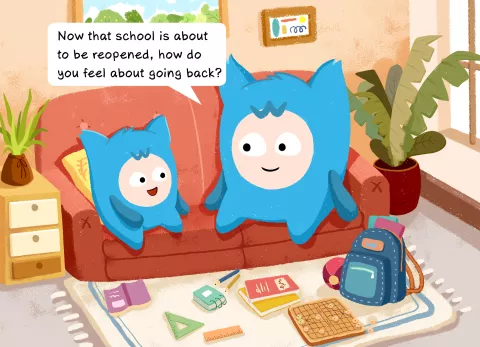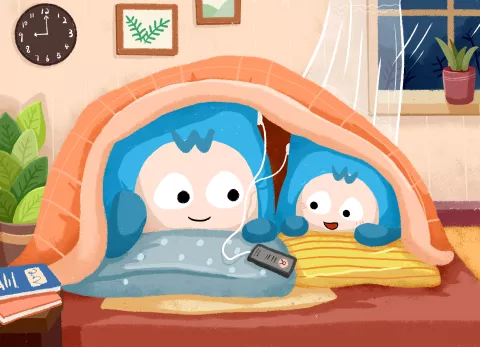What parenting lessons can we take away from the COVID-19 outbreak? Here’s a checklist
Mental health tips during the coronavirus outbreak
- Available in:
- 中文
- English
What parenting lessons can we take away from the COVID-19 outbreak?
Helping your child practice good personal hygiene habits
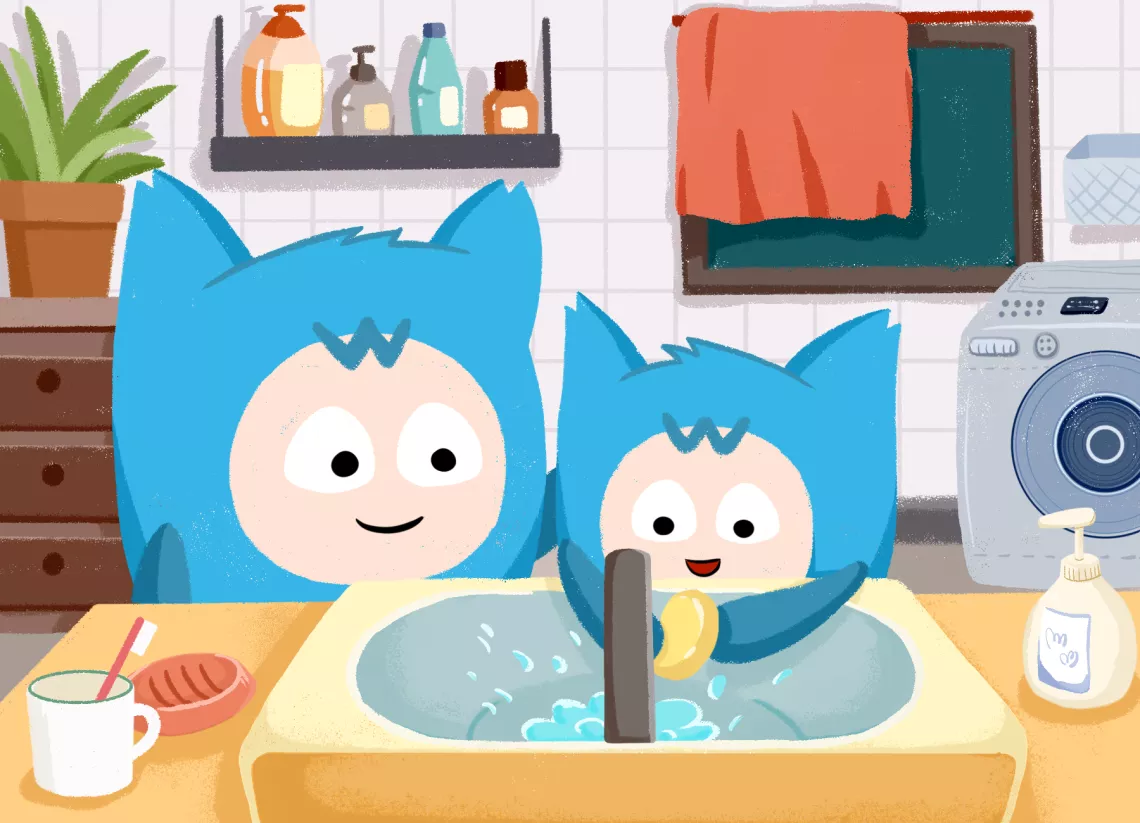
Developing good personal hygiene habits is an important life lesson for children, during the COVID-19 outbreak and beyond. Parents should walk the talk by maintaining proper personal hygiene practices themselves:
- Wash your hands frequently with soap and water for at least 20 seconds. Make sure to wash your hands after visiting a public space, before eating, after using the toilet, and before touching your eyes, nose or mouth. Learn how to wash your hands properly here.
- Cover your mouth and nose with a flexed elbow or tissue when coughing or sneezing, dispose of used tissues immediately, and wash your hands well.
Parents can teach children of all ages the importance of practicing personal hygiene in creative ways. For example, a fun way to time handwashing is by singing the full happy birthday song, twice.
Check in with your child
It is easier to observe and understand how to meet children’s physical needs than it is to understand children’s mental states and meet their psychological needs. Understanding and taking care of the full range of children’s needs can sometimes seem impossible even at the best of times.
The COVID-19 outbreak has changed our lives in many ways, and that goes for children too: children need to stay indoors, spend more time with their parents than usual, not visit friends, not go to school, and adapt to online learning. During this period of disruption, children need extra support from their family.
We’ve put together a few tips to support your child’s mental health during this period of disruption and added stress.

- Find a time to talk to your child and listen attentively to her or his feelings and concerns. Here are some tips on how to communicate with your child effectively and with ease.
- Keep an eye on your child’s mental state. Never neglect or avoid children’s anxiety and the pressure they’re feeling; rather, acknowledge and help them cope with such feelings as a normal part of life. Here are some tips on how to help children recognize and deal with various emotions.
- Help your child develop routines. Offer children opportunities to be entertained and to relax. Help them relieve pressure and adapt to changes. Check out how to help your child adapt home learning and transition back to the school routine here.
Valuable life lessons your child can learn from the COVID-19 pandemic
Children can learn a lot from different information sources, but this information isn’t always correct. Children may also have many questions, and you may not always know the answer. Avoid guessing, and instead take the opportunity to explore these questions together. Your guidance can help your child learn some important lessons to carry throughout their life from the COVID-19 pandemic.
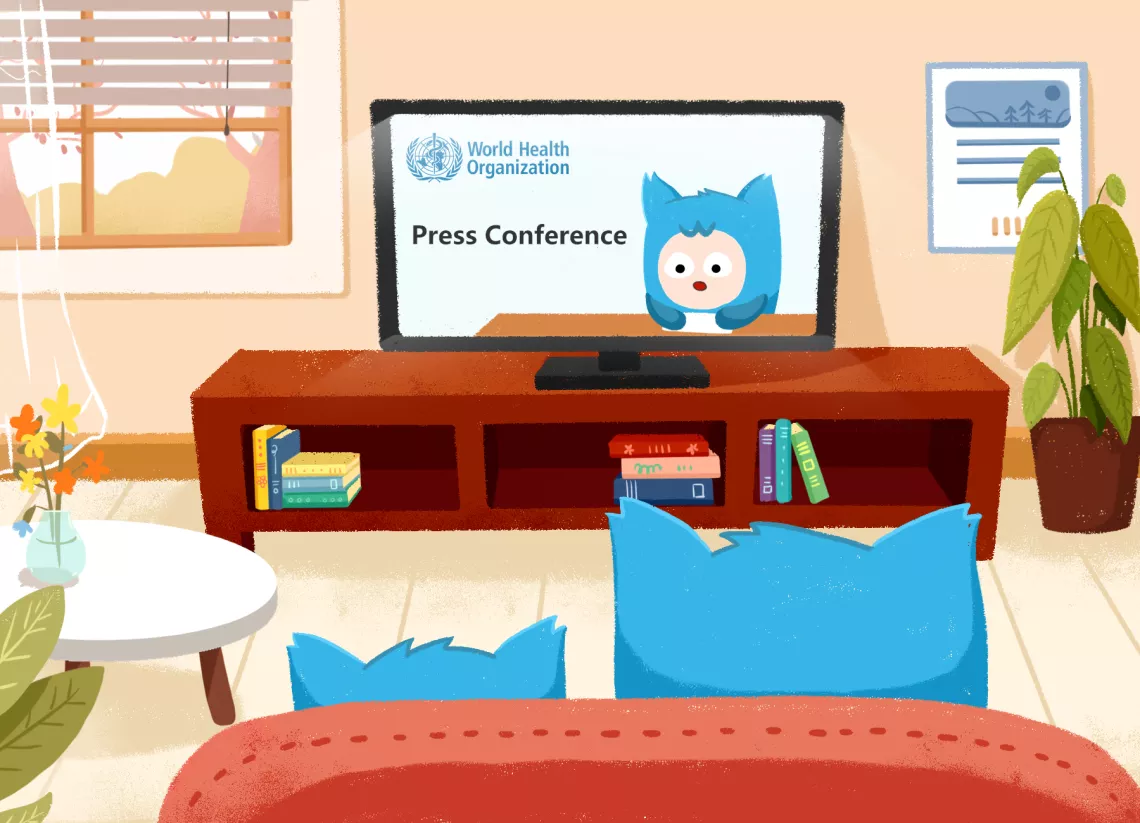
- Address rumors and false information. Remind your child that there is a lot of information online, and some of this information will be incorrect, so it is especially important to distinguish between accurate and inaccurate information. Here’s a video on how to fight against misinformation.
- Examine a problem from multiple angles. Share with your child that there is always more than one side to a situation. We should think about the big picture and avoid going to extremes. Here are some tips on how to practice taking different perspectives with your child.
- Appreciate the actions of others. Let your child hear more stories of frontline scientists, health workers, community workers and invisible contributors who are helping keep society running. We can be safe and do our part by staying indoors because of the work these people are doing.
- Avoid discrimination and stigma. Talk to your child about discrimination and stigma, and how they can help stop it. Tell your child that the coronavirus has nothing to do with any region, and that we shouldn’t discriminate against or stigmatize people from different places. We should support and help each other through this difficult time. Here are some tips to help your child respect and care for others.
Check in with yourself
Don’t forget to give yourself a break. This is a stressful time for everyone; you’re trying your best and there is no perfect formula to follow. Just like children, sometimes adults won’t know the answers and sometimes they will need some quiet time to de-stress.
Only when you are physically and mentally healthy can you take care of your children and set an example for them. Children are very sensitive to changes in parents’ mood and behaviors, and will feel more at ease the better you’re feeling.
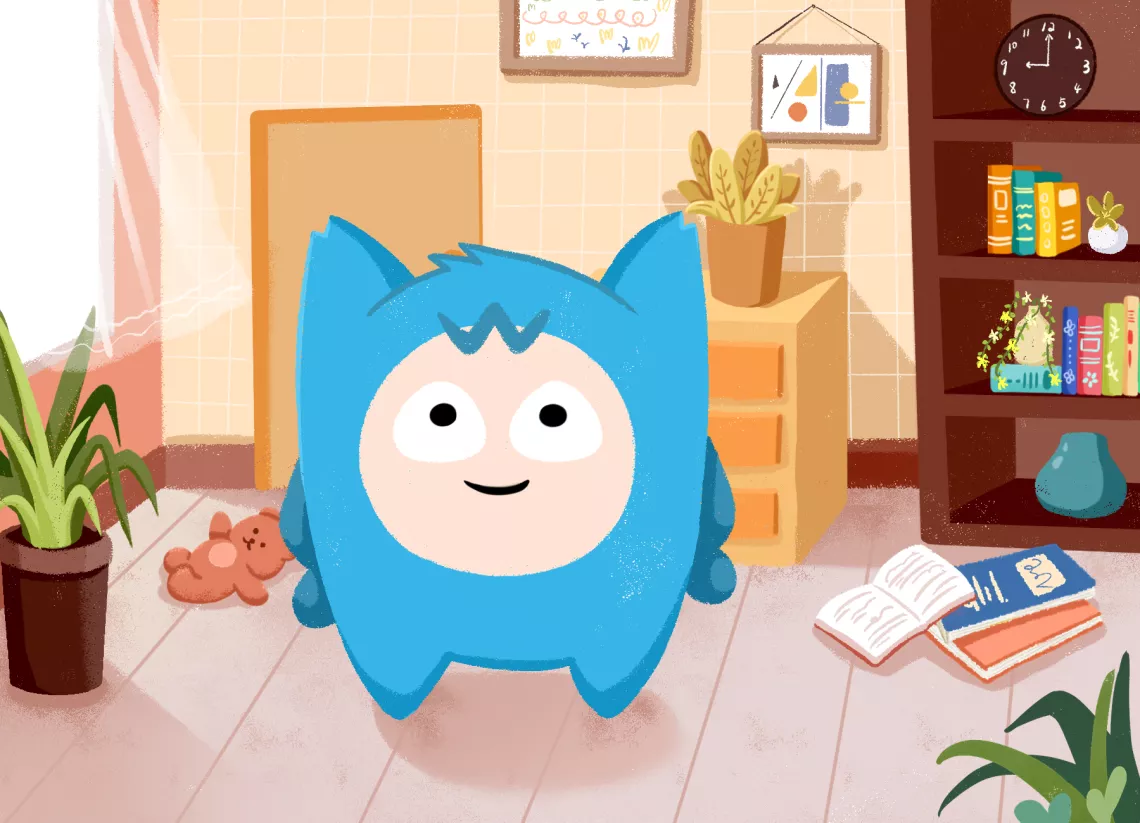
If you feel anxious, ask for help from family, friends or trusted people around you, or take some time to relax and refresh. Check out how to respond to your child's request to play games when you are tired.
We understand that parenting is really hard, especially during times of disruption and stress. Mistakes will happen. Just like children, parents can accept these as a learning opportunity and develop strategies to help deal with these situations better the next time. A growth mindset can have a profound impact on you as a parent and on your child’s mindset. Learn more on the growth mindset and tips on how to develop the growth mindset in your child.
Be kind to yourself! Let’s work to get through this together!



